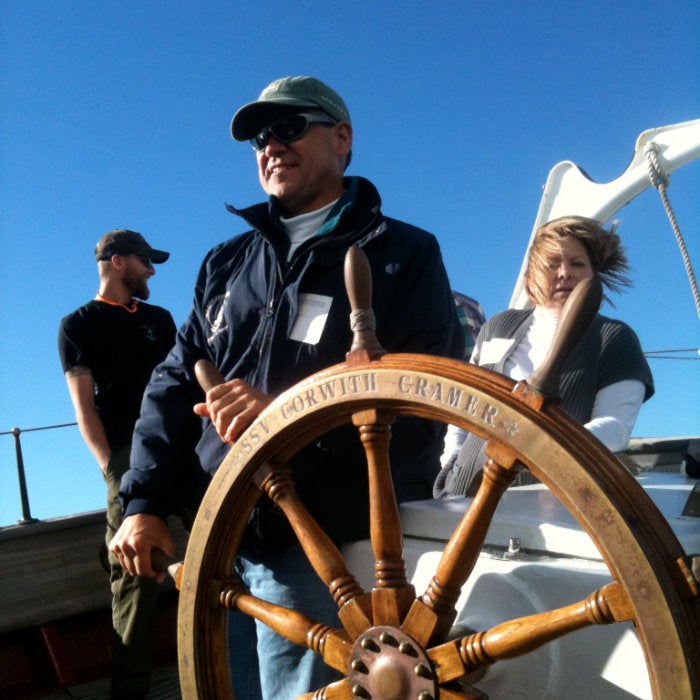Motion: On
Motion: Off
Contrast: Standard
Contrast: High
Apply site-wide
Students interested in ports and shipping study many aspects of port operations, planning, and the role ports play in society.
From small fishing harbors to giant container operations, ports serve a pivotal role in human civilization and commerce. As trade and coastal populations increase, together with sea-level rise and other climate changes, sustainable port planning and practice will become even more important. Our graduates have found positions with port and shipping firms, in coastal planning and policy, and in academia.
Faculty
Professor & Chair of Marine Affairs and Director of the Graduate Certificate in Coastal Resilience
Department of Marine Affairs
401.874.4192
abecker@uri.edu
Research
- Measuring Climate and Extreme Weather Vulnerability to Inform Resilience Report 2: Port Decision-Makers’ Barriers to Climate and Extreme Weather Adaption - By Elizabeth L. Mclean and Austin Becker Port decision-makers' perceptions of such barriers are important for proactive strategies for reducing coastal vulnerability and supporting safe and sustainable operations of U.S. ports.
- Measuring Climate and Extreme Weather Vulnerability to Inform Resilience, Report 1: A Pilot Study for North Atlantic Medium- and High-Use Maritime Freight Nodes - By R. Duncan McIntosh, Elizabeth L. Mclean, and Austin Becker This research identified vulnerability indicators from open-data sources that represent the three components of vulnerability, as outlined by the Intergovernmental Panel on Climate Change: exposure, sensitivity, and adaptive capacity.




